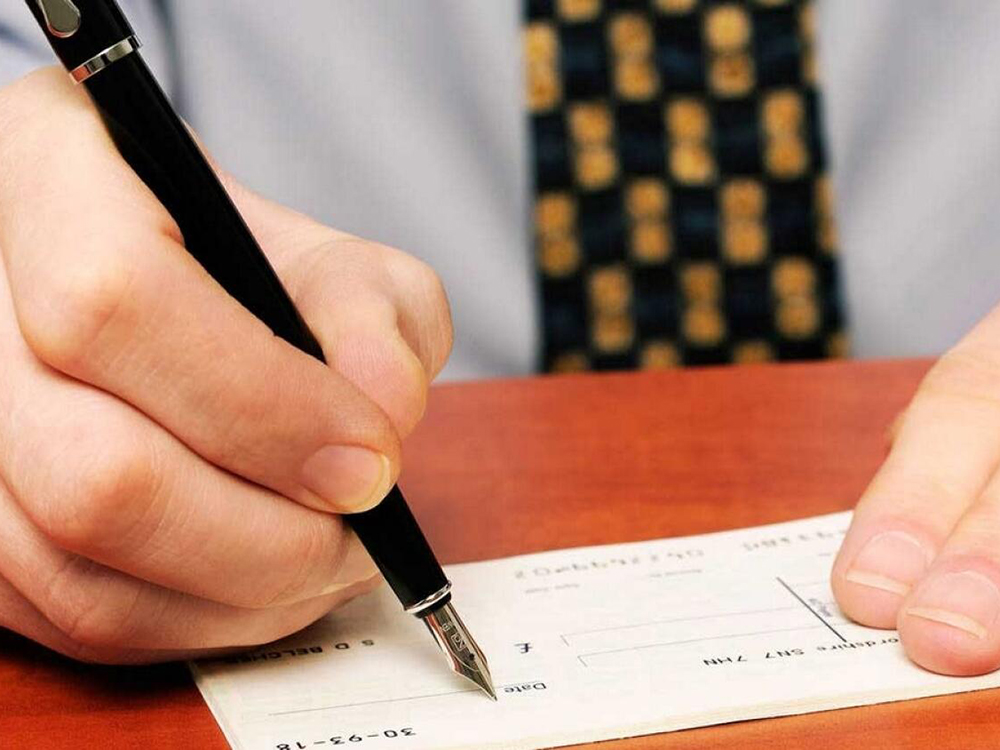
How to file a cheque bounce case in Indore?
Title: Filing a Cheque Bounce Case in Indore: Step-by-Step Guide
Introduction: Cheque bounce cases, governed by the Negotiable Instruments Act, 1881, are legal actions taken against individuals or entities who issue a cheque that is subsequently dishonored by the bank. If you are in Indore and need to file a cheque bounce case, this step-by-step guide will provide you with a comprehensive overview of the process. Please note that this guide is for informational purposes only and consulting a legal professional is highly recommended for personalized advice.
Introduction:
1. Gather relevant documents:
Collect all the essential documents related to the cheque transaction, including the bounced cheque, a copy of the dishonour memo received from the bank, and any correspondence or agreements related to the transaction.
2. Consult a lawyer:
Engage a competent lawyer specializing in cheque bounce cases. A legal expert will guide you through the legal proceedings, draft necessary documents, and represent you in court if required.
3. Issue a demand notice:
Your lawyer will draft and send a legal notice to the person who issued the bounced cheque within 30 days of receiving the dishonour memo. The notice should demand payment within 15 days of receipt to avoid legal action.
4. Acknowledge receipt of the notice:
If the person fails to respond or make the payment within the stipulated time, you can proceed with filing a case.
5. Draft a complaint:
Your lawyer will assist in preparing a complaint that states the facts of the case, including details of the cheque, the transaction, the dishonour, and the demand notice sent.
6. Jurisdiction assessment:
Identify the appropriate court with jurisdiction over your case. In Indore, cheque bounce cases are filed in the Metropolitan Magistrate Court or the District Court, depending on the amount involved.
7. File the complaint:
Visit the court and submit the complaint along with necessary copies. Ensure you have multiple sets of documents, as the court will keep the originals.
8. Pay the court fees:
Pay the prescribed court fees for filing the case. The fees depend on the amount involved and can be obtained from the court clerk.
9. Collect the case number and date:
Upon filing, the court will assign a case number and provide a date for the first hearing. Note down this information carefully.
10. Summons issuance:
The court will issue summons to the accused, requiring their presence in court on the specified hearing date. Your lawyer will assist in ensuring proper service of summons.
11. Collect evidence:
Gather any additional evidence, such as copies of correspondence, bank statements, or witnesses, to support your case. Share these with your lawyer for review and inclusion in court proceedings.
12. Prepare for the hearing:
Consult with your lawyer to understand the legal strategy, prepare your testimony, and be aware of possible cross-examination.
13. Attend the hearing:
On the scheduled date, appear in court along with your lawyer. Present your case before the judge, providing all relevant documents and evidence.
14. Examination-in-chief:
Your lawyer will conduct your examination-in-chief, allowing you to present your side of the case and any supporting evidence.
15. Cross-examination:
The defendant’s lawyer will have an opportunity to cross-examine you and challenge your evidence. Cooperate with your lawyer to handle the cross-examination effectively.
16. Witness examination:
If you have witnesses, they will be called upon to provide their testimony and be subject to cross-examination.
17. Final arguments:
After the examination of witnesses, both sides will present their final arguments summarizing their case and addressing any legal points.
18. Judgment:
The court will deliver a judgment based on the evidence presented, legal arguments, and applicable laws. The judgment will either be in favor of the complainant (you) or the accused (defendant).
19. Execution of judgment:
If the judgment is in your favor, your lawyer will guide you on the process of executing the judgment, which may involve the recovery of the amount owed.
20. Appeal, if necessary: If dissatisfied with the judgment, you have the option to appeal to a higher court within the stipulated time, as advised by your lawyer.
Conclusion:
Filing a cheque bounce case in Indore requires careful documentation, legal assistance, and adherence to the judicial process. By following the steps outlined in this guide and seeking professional advice, you can navigate the legal system effectively and pursue your case efficiently.
